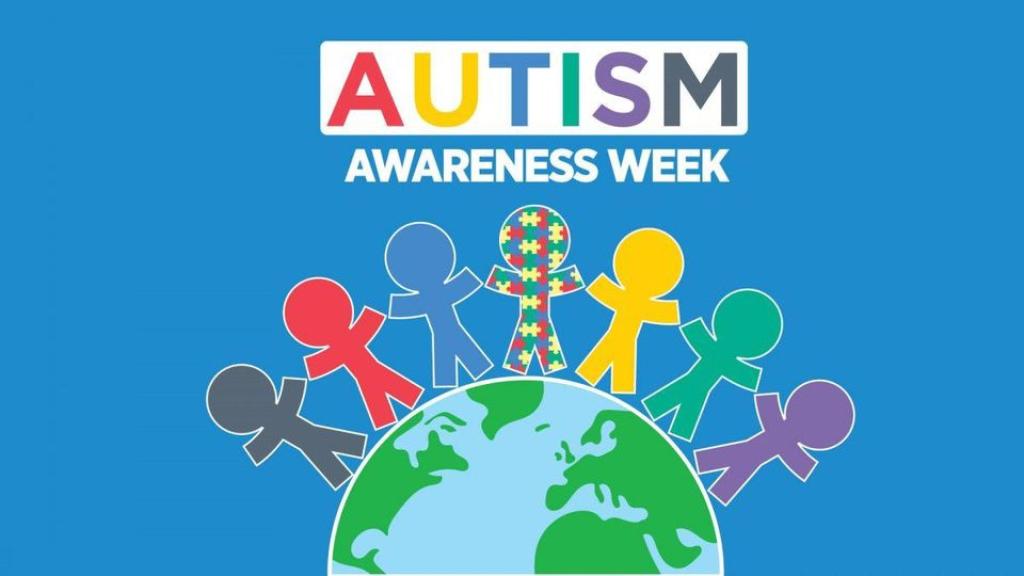WORLD AUTISM AWARENESS WEEK 30th MARCH – 5th APRIL
This week, and specifically today, we are celebrating World Autism Awareness Day. It is an especially apt topic for the judo community in light of studies, which have been reported over the past year, that this special sport can go a long way in aiding children with autism.
For those unaware of the challenges individuals with autism face, they can include; communication deficits; high levels of anxiety; difficulties with social interaction and preferences for structured and repetitive activities.
Within our judo family, we have practitioners with a broad spectrum of abilities whether it be physical or mental impairments, which alter the way in which they practice or learn judo, however, the sport is very accommodating and can be structured in a variety of ways in order to be available to all.
A study conducted by the University of Central Florida in the United States of America published their findings at the end of 2019 in the Journal of Autism and Developmental Disorders, stating that judo may help with the interactions of children with autism.
Jeanette Garcia, an assistant professor in the College of Health Professions and Sciences who led the study explained,
“While karate, a form of martial arts, has documented benefits for the autism population related to social interaction, we hypothesized that the emphasis on mindfulness and self-defense promoted by judo would provide additional benefits for ASD youth. Indeed, our study shows that judo not only promotes social skills, but is well accepted by this population and is a great program for reducing sedentary behavior and increasing confidence.”
As one of the characteristics of autism is a preference for repetitive tasks, mastering techniques in judo proved to be an especially helpful aspect.
The programme sample was a small group of 14 local children which was then divided again dependent on age, all classes were 45 minutes in length which seemed appropriate to limit distractions but was also assisted with the 2:1 ratio for students and instructors. Though one of the goals of the study was to monitor the physical activity of the children, the attraction that judo presented was also that of mindfulness which was a focus at the end of each class.
Parents also reported their children were more comfortable with social interaction and physical contact, things children diagnosed with autism struggle with in most cases.
As a sport, it is something to be encouraged. Judo offers specific elements to engage a wider population and welcome in an extended group to our community. This study has highlighted the benefits of judo and can be utilised to continue work within our Union to engage with more individuals.
In 2019, the European Judo Union introduced the Special Needs Seminar to the Judo Festival in Porec, Croatia, which was a big hit amongst practitioners and coaches and will continue to be a part of the education within the festival. This was a way to engage practitioners who face a variety of challenges including autism, cerebral palsy, down syndrome, dyslexia and blindness.
Author: Thea Cowen




